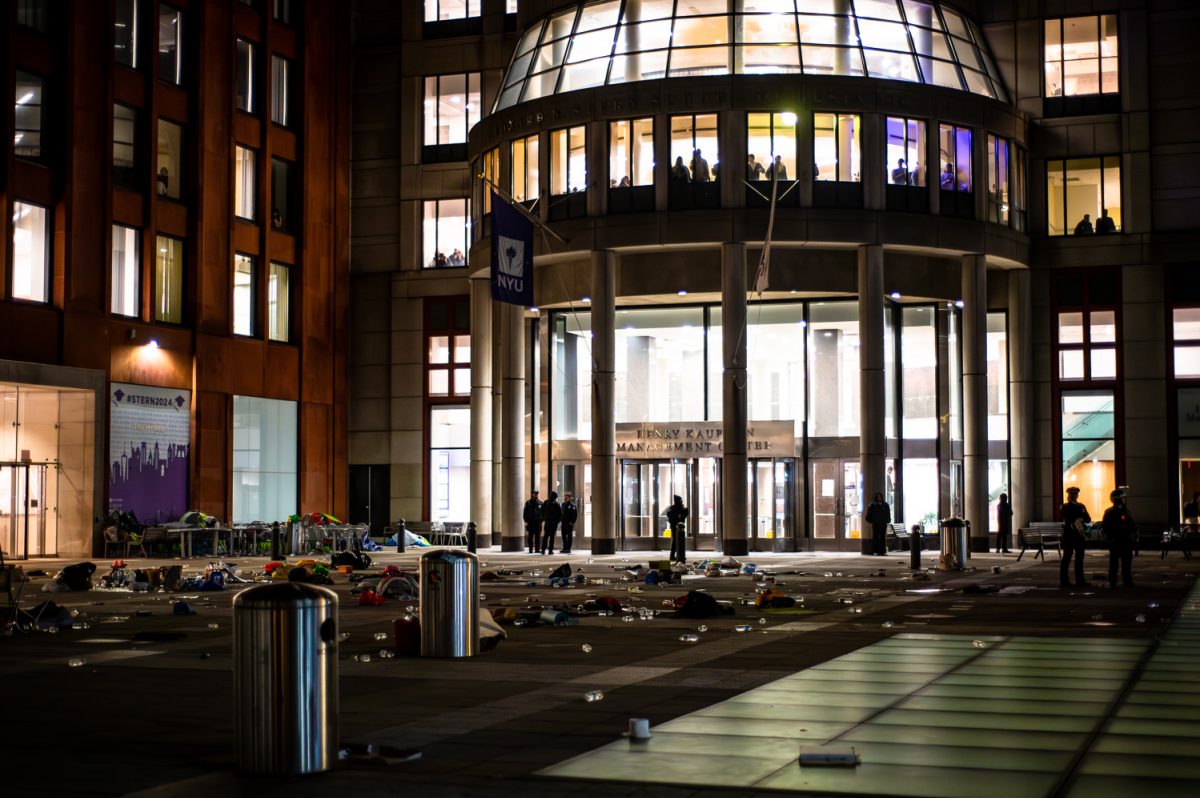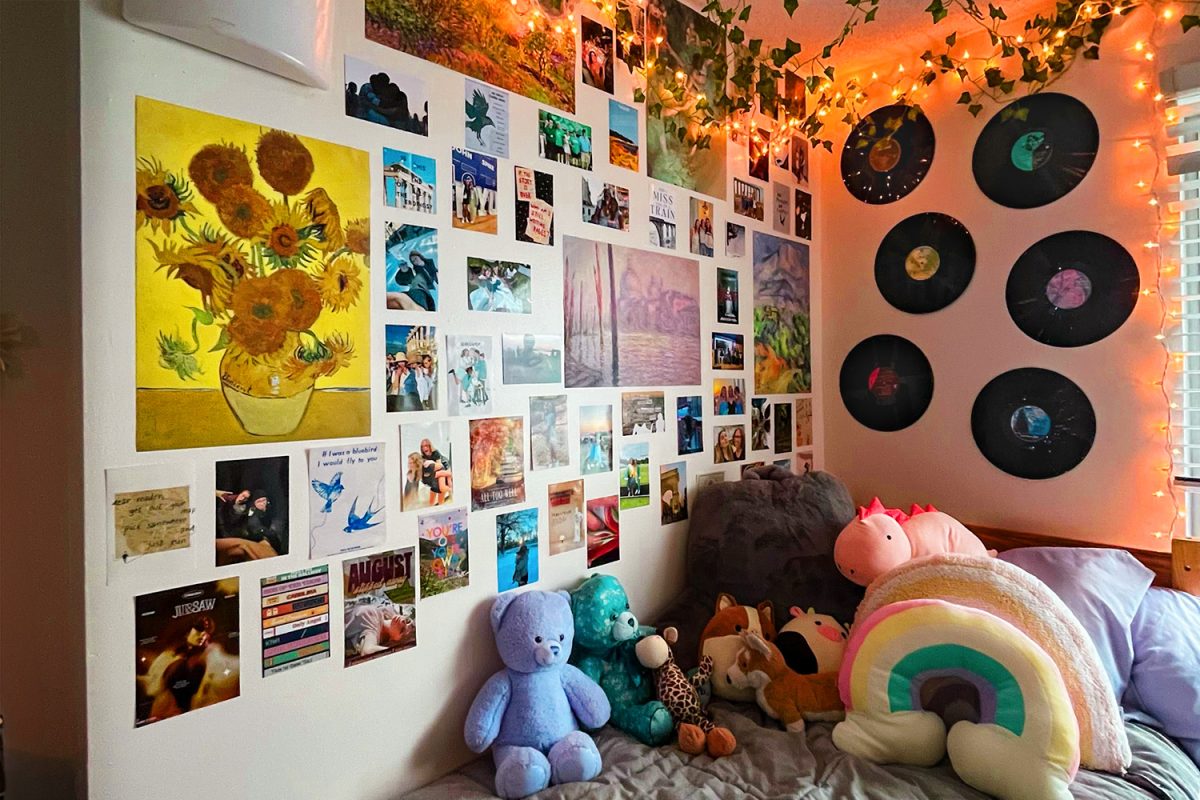It’s difficult to find role models these days, especially among the youth. The news is often filled with the scandals and exploits of young socialites and famous celebrities like Justin Bieber and Amanda Bynes.
But then news stories also reveal a young lady such as Malala Yousafzai, a global star herself these days. Yousafzai is a 16-year-old who survived a targeted shooting by the Taliban last year after advocating for education in a dangerous area of Pakistan, one that represses girls and women. When Yousafzai was just 11 years old she recounted for the BBC the struggles of living under Taliban rule — at first anonymously, but later publicly. Both she and her father — a passionate community activist — were threatened on various occasions by the Taliban. Yet, she continued to attend school. She aspired to be a politician and speak for the millions of voiceless boys and girls who could not achieve an education.
Recently, in one of her first public appearances since the shooting, Yousafzai spoke for those children at one of the world’s highest stages. She delivered an inspiring address to the U.N. General Assembly on the importance of global education. Just a few months ago, she was fighting for her life because of an act of terrorism and now, she is back studying and trying to drive change for young people out-of-school all over the world.
Yousafzai is an amazing hero who is part of an ever bigger picture. She is representing the countless young heroes who are living in the most difficult of situations and continue to pursue education against all odds. Many are in war-ravaged areas, others in places where customs and culture do not encourage or allow education and millions are just in the poorest communities where basic facilities and resources are not available. But they still travel great distances to attend classes or set up secret schools if they are discriminated against and targeted. They persist even when schools shut down or teachers can’t make it. They strive to learn and obtain jobs to help communities that have often given them little support.
I had the opportunity to live in a rural Ghanaian district in 2009 while working for the government and saw a bit of children’s bravery in person. Every night that I would leave the government building — one of the only places in the community with consistent power — I would see students lying on rocks holding books, trying to capture light to read and write. They never asked me for anything except maybe for some help on a math problem or to listen to what they were hoping to do in their life. Some of the kids didn’t even attend school and worked all day in their parent’s fields or small shops. The others who did go had started their days with work at five in the morning and were often still studying at midnight.
I am convinced that if those children had a fraction of the opportunity I have had here in North America, they could achieve more than I would ever dream. Children like these are what make Yousafzai’s story bigger than an inspiring young girl fighting for an important cause. Her brave fight illuminates the struggle of so many courageous children, teachers and parents out there who give so much for education. Furthermore, it is not only a pursuit of basic rights but also a step to unlocking the potential of millions of special and inspiring youth who can achieve great things in this world.
Shamir Tanna is a contributing columnist. Email him at [email protected].










































































































































